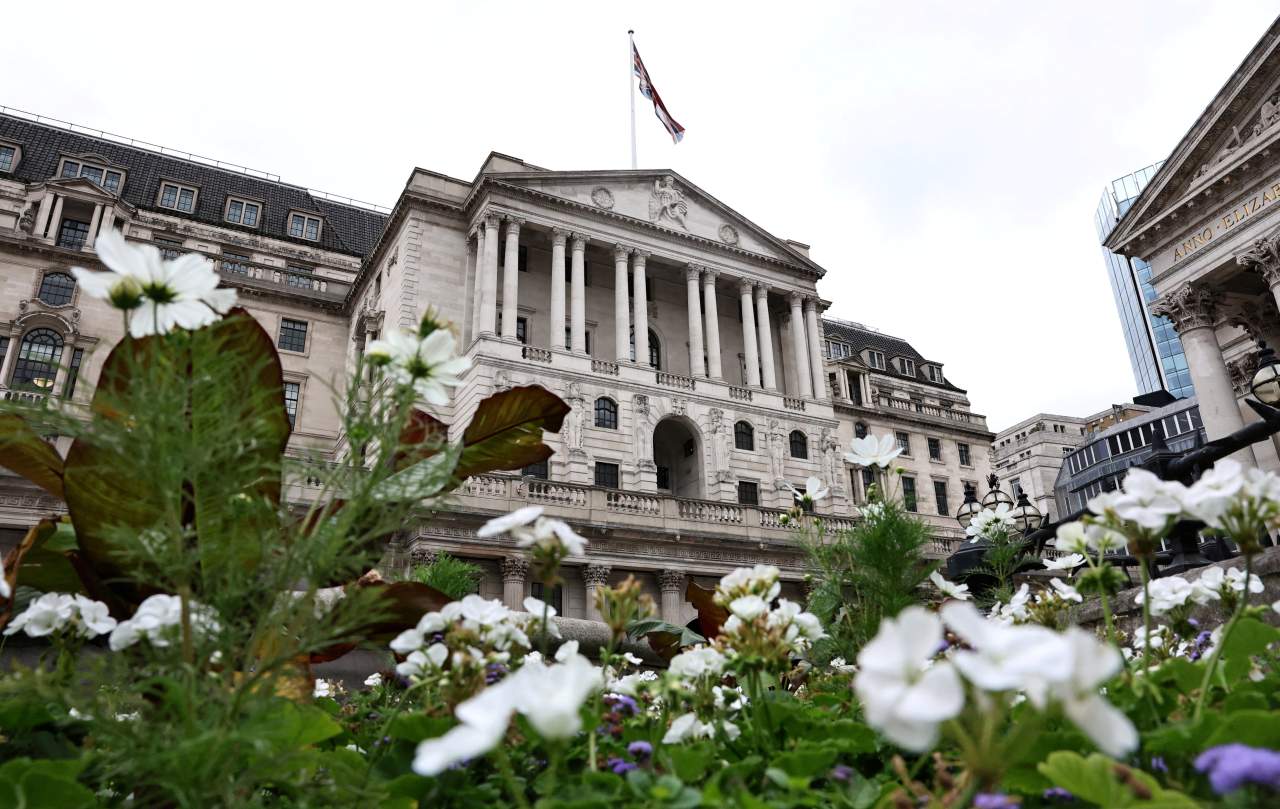The UK Labour Party is confronting significant economic scrutiny as tax increases without corresponding spending cuts raise alarms among investors. Bond markets are reacting sharply, with analysts predicting potential instability if the party’s fiscal strategies do not align with market expectations.
Labour’s recent proposals include tax increases projected to generate approximately £4 billion annually. However, critics emphasize that these changes could lead to higher borrowing costs, which might strain the UK Treasury. The Bank of England has already hinted at tightening monetary policy to counteract inflation, making the current economic landscape particularly sensitive for Labour.
Tax Policy Under Review
Chancellor of the Exchequer, Rachel Reeves, has stated that the party’s approach prioritizes fiscal responsibility. Still, the absence of cuts to public spending has left many questioning the sustainability of these new tax measures. Reeves has argued that the proposed taxes aim to fund critical public services, yet this justification has not quelled the concerns of bond investors.
Market analysts are closely watching developments as the Labour Party prepares for its upcoming conference in October 2023. The potential for a £12 billion increase in public debt due to these economic policies is a point of contention, prompting calls for a more balanced approach. Investors are wary of perceived fiscal mismanagement, which could lead to increased yields on government bonds.
The term “bond vigilantes” has resurfaced in discussions surrounding Labour’s plans, referring to investors who may sell off bonds in response to unsatisfactory fiscal policies. Such actions can lead to soaring interest rates, making borrowing more expensive for the government and the public alike.
Political Implications and Future Outlook
The Labour Party’s economic strategy not only impacts financial markets but also shapes its political capital as they prepare for the next general election. Analysts suggest that the party must navigate these waters carefully to maintain public support. A failure to reassure both the electorate and financial markets could hinder Labour’s ambitions to secure a majority.
As uncertainty lingers, Labour’s leadership faces the challenge of aligning their economic narrative with the realities of the market. The party’s decisions in the coming weeks will be crucial in determining the UK’s fiscal trajectory and the public’s confidence in its economic governance.
In summary, the Labour Party stands at a crossroads, grappling with the demands of fiscal policy while facing the watchful eyes of the bond market. How they respond could reshape the UK’s economic landscape and their own political future.
